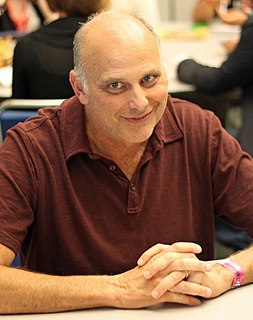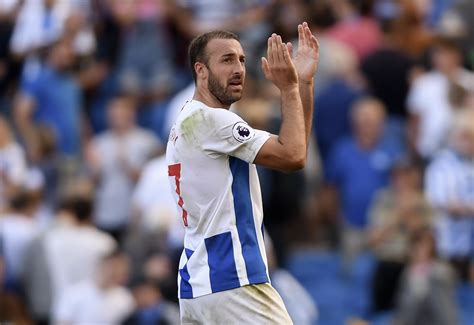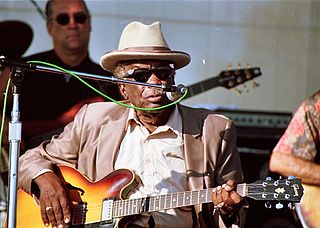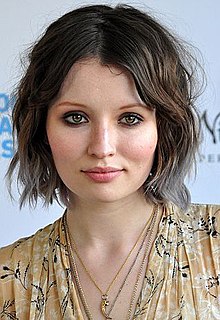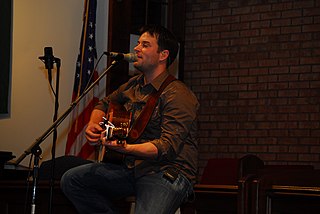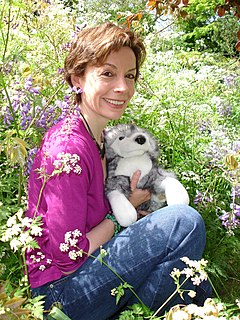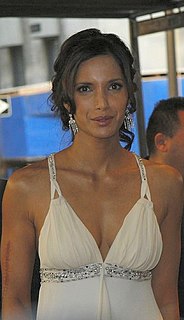A Quote by Nina Simone
I applied for a scholarship to Curtis Institute of Music in Philadelphia. I knew I was good enough, but they turned me down. And it took me about six months to realize it was because I was black. I never really got over that jolt of racism at the time.
Related Quotes
It just took the right time. I was fully confident that I was going to see Sam Phillips and to record for him that when I called him, I thought, I'm going to get on Sun Records. So I called him and he turned me down flat. Then two weeks later, I got turned down again. He told me over the phone that he couldn't sell gospel music so - as it was independent, not a lot of money.
Harold Ramis really got my career going and was a friend for a long time. I was doing a play in L.A., and he came to see it a few times and recommended me to Ivan Reitman for Ghostbusters 2. Six months later, I quit real estate and was acting for good, and it was really because Harold took an interest in me and made a phone call and did stuff that people don't usually do, even if they like somebody.
Adults who loved and knew me, on many occasions sat me down and told me that I was black. As you could imagine, this had a profound impact on me and soon became my truth. Every friend I had was black; my girlfriends were black. I was seen as black, treated as black, and endured constant overt racism as a young black teenager.
If I ever really felt depressed, I would just start putting on all my old records that I played as a kid, because the whole thing that really lifted me then still lifted me during those other times. It was good medicine for me, and it still does that for me when I put something on. Isn't it wonderful that we've got all that good medicine? I think it's got to be all part of our DNA, this mass communication through music. That's what it is. It's got to be, hasn't it? Music is the one thing that has been consistently there for me. It hasn't let me down.
By the time I got to high school, I didn't play anything but baseball because I was on a mission. I really wanted to get a scholarship. I really wanted to focus all my time and efforts on baseball. When I got up to Florida State, God spoke to me very clearly and called me out of that and called me into music, which up until that point had just been a hobby.
I see racism as institutional: the rules are different for me because I'm black. It's not necessarily someone's specific attitude against me; it's just the fact that I, as a black man, have a much harder time making an art-house movie and getting it released than a white person does about their very white point of view. That's racism.
When they [visitors to his studio:] learn about the six-week daily-strip deadline and the 12-week Sunday-page deadline, a visitor almost never fails to remark: "Gee, you could work real hard, couldn't you, and get several months ahead and then take the time off?" Being, as I said, a slow learner, it took me until last year to realize what an odd statement that really is. You don't work all of your life to do something so you don't have to do it.


